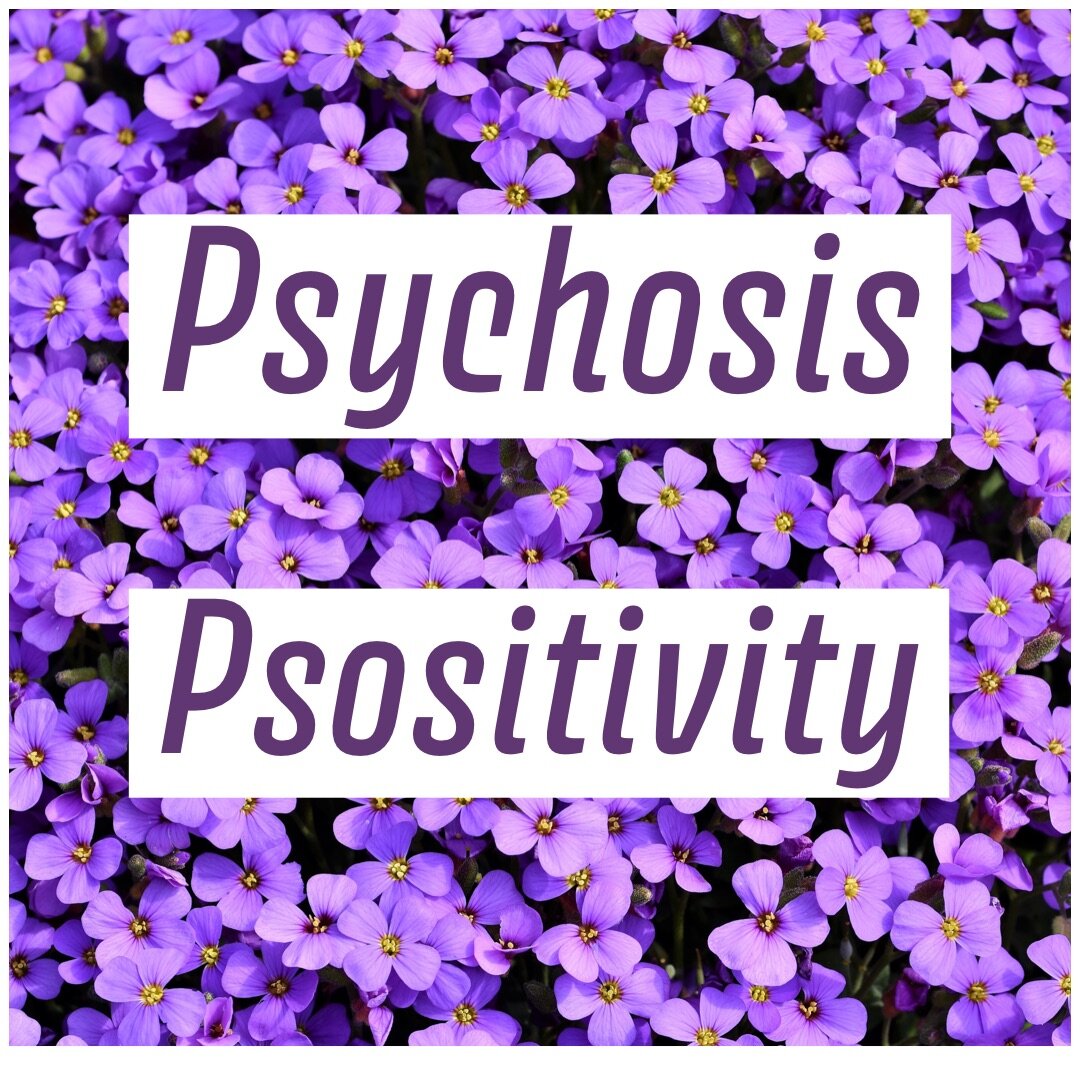Are People Who Hear Voices Really Dangerous?
In the public and often clinical eye, there is a profound wariness to the symptom of Voice-hearing, especially the symptom of Command Voices. For the uninitiated, Command Voices are when a person perceives a hallucinatory Voice or Voices that instruct them to commit some sort of act, stereotypically negative. The iconic Command Voices scenarios has a cowering and frightened Psychotic person (generally a young man) who feel overpowered by malevolent Voices who he feels control him. Seduced by these dark the figures, the Psychotic man then goes and commits some heinous act, going from mental patient to scourge of society. Is this image really accurate? Let’s take a look at what the research into Command Voices says, along with what actual Psychotic people report.
Vaughan and Fowler (2004) as described in Beck et al (2011), found that Psychotic patients experience more distress when Voices are malevolent in character. However, the authors also found that the more a Voice caused distress to a Psychotic patient, the more the patient opposed the Voice; the more frightened of their Voices Psychotic individuals became, the less they wanted to act upon their commands. Chadwick and Birchwood (1994) found that, “without fail”, all of their Psychotic subject resisted Voices that they deemed to be sinister. While some people with Psychosis might believe in the omnipotence of their Voices, this is n to always that case and vary by population, as found by Close and Garety (1998).
There have even been records in the literature of Psychotic individuals who did believe in supernatural power of their Voices choosing to “appease” the Voices or even harm themselves rather than the targets of their Voices. Beck-Sander, Birchwood, and Chadwick (1997) as cited in Beck et al (2011) describe as case of woman who heard a Voice telling her to hit other patients, a Voice she believed to be God, would sing praise hymns and pray for forgiveness instead. (TW: Suicide Attempt)On the more violent end, one patient slit his wrists in an attempt to please Voices telling him to harm hospital staff.
I don’t think you’re at much risk of someone hearing Voices hurting you.
In their book, Beck et al (2011) describe the experience of hallucinatory Voices (specifically in Schizophrenia) as being oppressive, as a feeling of being dominated. They make it sound fearful and as though we live under the thumb of our hallucinations. While this can be the experience of Voices, it is not the only experience. Hearing Voices is much more nuanced than the clinical stereotype, even after you take away the “Command Voices Violent” stereotype.
My earliest memory of hearing Voices dates to the age of three or four, and I learned to begin saying, “No”, to Voices at age five. They became constant around the age of twelve. Act that time, they did feel dark and oppressive, and I did continue resist them more the darker they got. But I was twelve and receiving no support; as time got on, they have become more a nuisance or distraction than anything else. The rare occasion. I do still get command Voices at age twenty-four, my reaction is more “You’re still playing this game?”, and some irritation than anything else.
I work with Psychotic and Schizophrenic people and their families pretty much everyday, and have for years. Many of us hear Voices, including Command Voices. Our reaction is the same, we tell them to go away and get on with our lives. While I realize I mostly work more low-support individuals, our needs and experiences still need to be acknowledged. Just because we are not experiencing as archetypal symptoms it does not mean our symptoms are not real and we do not need support; I believe many people go misdiagnosed and under-treated because of this.
Psychotic people are not dangerous. Schizophrenic people are not dangerous. Educate yourself before you stereotype, and make sure you know the whole story before making someone’s treatment decisions. Clinician’s jumping to conclusions (we’re not the only ones who can do that!) about what a patient will or what a patient is thinking leads to so much trauma, in jury, and even financial harm. Schizophrenic and Psychotic people are still people, and we still have free will. Just because we experience the world differently, that does not take away for our basic humanness.
Citations
Beck, A. T., Rector, N. A., Stolar, N., & Grant, P. (2011). Schizophrenia: Cognitive Theory, Research, and Therapy . The Guildford Press .
Beck-Sander, Birchwood, and Chadwick (1997) in Beck, A. T., Rector, N. A., Stolar, N., & Grant, P. (2011). Schizophrenia: Cognitive Theory, Research, and Therapy . The Guildford Press .
Chadwick, P., & Birchwood, M. (1994). The Omnipotence of Voices: A Cognitive Approach to Auditory Hallucinations. British Journal of Psychiatry, 164(2), 190-201. doi:10.1192/bjp.164.2.190
Close, H., & Garety, P. (1998). Cognitive assessment of voices: further developments in understanding the emotional impact of voices. The British journal of clinical psychology, 37(2), 173–188. https://doi.org/10.1111/j.2044-8260.1998.tb01292.x
Hayward, M., Denney, J., Vaughan, S. and Fowler, D. (2008), The voice and you: development and psychometric evaluation of a measure of relationships with voices. Clin. Psychol. Psychother., 15: 45-52. https://doi.org/10.1002/cpp.561
Vaughan and Fowler (2004) in Beck, A. T., Rector, N. A., Stolar, N., & Grant, P. (2011). Schizophrenia: Cognitive Theory, Research, and Therapy . The Guildford Press .
